Keeping children safe in school: Let’s make this a priority for the education sector
Source: https://www.globalpartnership.org/blog
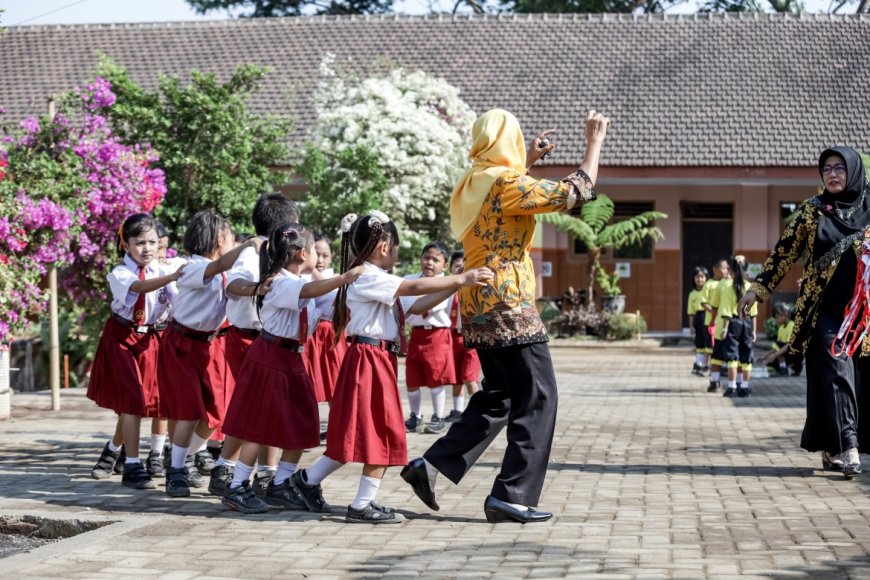
Schools should be places of safety, where girls and boys can thrive and learn. Yet children are too often exposed to staggeringly high levels of violence, often perpetuated by deeply ingrained social and gender norms and institutionally or nationally endorsed forms of corporal punishment.
This has grave consequences, harming children’s education and well-being and limiting their life chances. Despite this, violence in schools does not receive nearly enough political attention or funding from national governments or donors.
As a group of organizations committed to making schools safe, we have come together to summarize why this must be a top priority and what needs to happen next to achieve our goal.
The impact of violence on children’s education and well-being is profound
Addressing violence in schools—because it is harmful, in and of itself—should be a top priority for the education sector. Keeping children safe from violence also delivers concrete benefits across multiple indicators of short and long-term well-being.
There is consistent evidence that corporal punishment is associated with poorer learning outcomes. Sexual violence is not legal anywhere but children, especially girls, are exposed in unacceptably high numbers to egregious crimes of sexual abuse and harassment in schools and on their way to school.
Sexual orientation, gender identity and expression, disability, race and ethnicity, and other factors can intersect to increase risk and vulnerability for many children.
To make progress, we must partner with a diverse array of education stakeholders and beyond—including those who care deeply about helping children acquire foundational skills—to jointly prioritize the elimination of violence in schools to help children thrive in school.
We know a lot about how to prevent violence (and there’s lots more we need to know)
How do you keep children safe in school? There is no easy answer, but we have insights from various policy changes and programmatic interventions that help guide the way forward.
Many governments are currently taking action to improve safety. At a recent high-level meeting on violence in schools, representatives from Indonesia, Nigeria, Tunisia and Zimbabwe shared interventions including setting up reporting procedures; teaching about healthy and respectful relationships; and using positive discipline methods in classrooms.
Civil society organizations highlighted promising interventions and encouraged partners to prioritize funding for southern-led and youth-led organizations as part of the broader localization agenda.
Multilateral partners like the Global Partnership for Education, UNESCO, UNICEF, the World Health Organization, and the World Bank shared how they can advance this agenda through technical assistance, pursuing gender equality, system level support and funding.
And some bilateral donors committed to ensuring that their education investments are screened for opportunities to make schools safer.
But it’s also clear that substantial knowledge gaps remain about how to keep all girls and boys safe wherever and however they are learning. These must be addressed.
We must seize the momentum to take urgent, coordinated and sustained action to keep children safe in school
There are few issues where collaboration across sectors is more important for success: the Safe to Learn coalition, the School-Related Gender-Based Violence working group and the Coalition for Good Schools are bringing together key sectors and enabling key education actors to take action on violence, including through cross-sectoral collaboration. And these partnerships are collecting and sharing critical evidence and strategies for action. By working together, we aim to build on these efforts and further increase motivation and raise money to end violence in school. Plans and opportunities in 2024 are underway to use key moments like the Education World Forum, Summit of the Future, UNESCO’s Global Education Meeting, and the first-ever ministerial meeting on Ending Violence Against Children to elevate the prominence of this topic on the global education and development stage. The recently convened, high-level meeting at Wilton Park brought together governments, multilaterals, foundations, civil society, youth and researchers to kickstart a cross-sector conversation about priorities and commitments to end violence in school. Through dialogue, sharing of evidence and experience, and statements of commitment, we made progress towards our goal of ending violence in and through education. But the real work in communities and schools around the world needs to scale-up and deliver results quickly. Ending violence in and around schools, for every child, everywhere, is the basis on which we can build a future based on equality, mutual respect and peace for every child. If it takes a village to raise a child, it will take the whole international community to consciously commit to ensuring children stay safe. In the wake of the Wilton Park meeting, we have a responsibility to make sure that commitment and momentum stay with us as we push forward and continue to seek to address this complex, entrenched issue. Every child must be in school, safe and learning.
“Education holds the potential to address discriminatory social and gender norms, behaviors and stereotypes, that result in violence, and together, we can build a future where every child can be safe and violence has no place.” Ayesha Siddika GPE youth leader, Bangladesh Note: This blog was also published by the Center for Global Development.
What's Your Reaction?











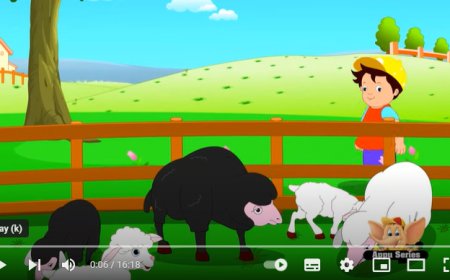
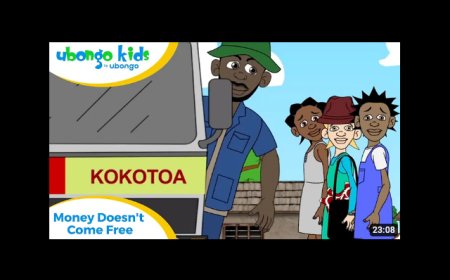


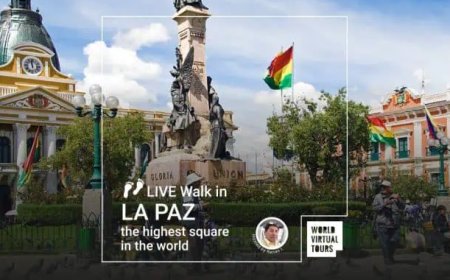

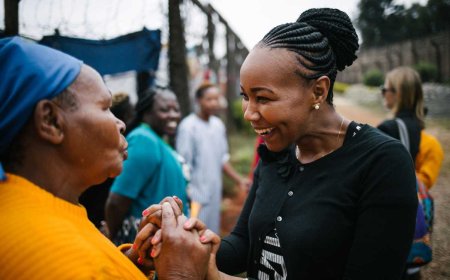
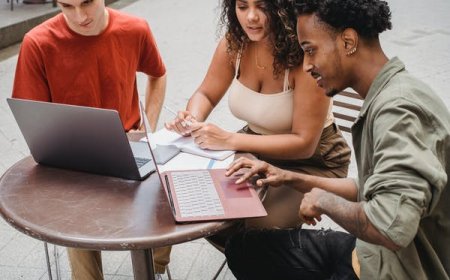

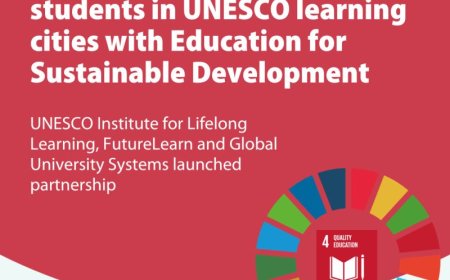
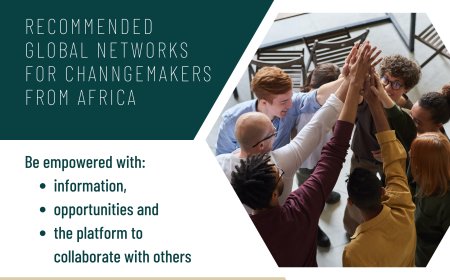
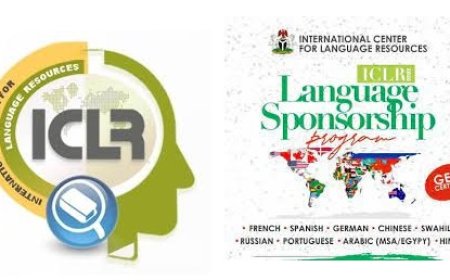
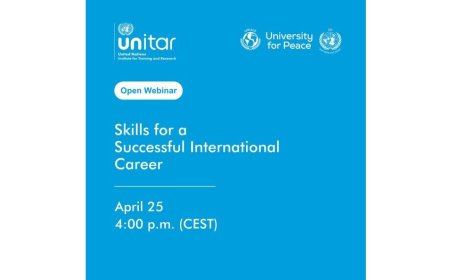



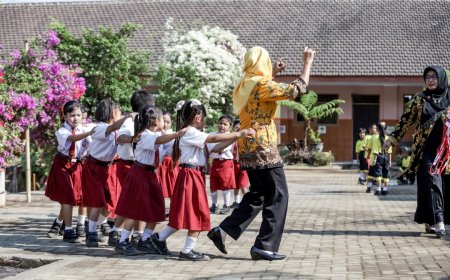
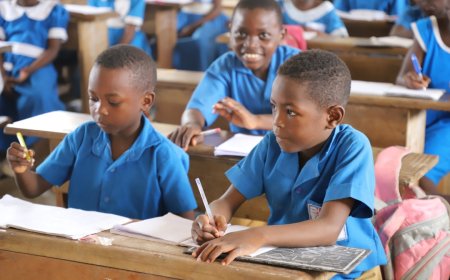

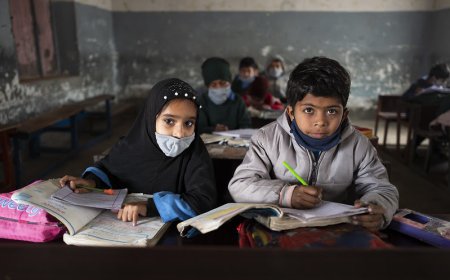
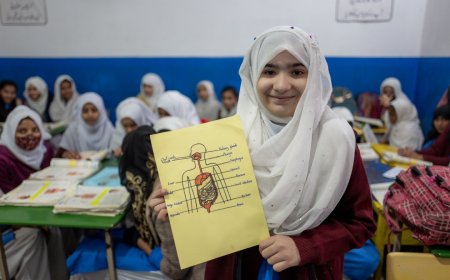
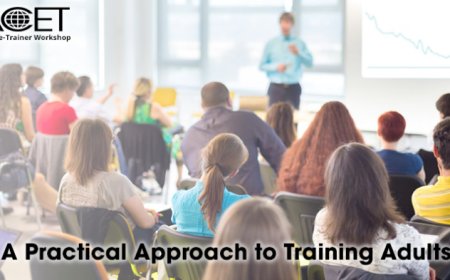
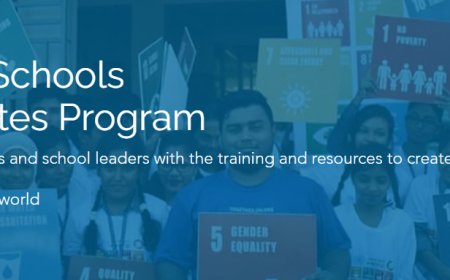
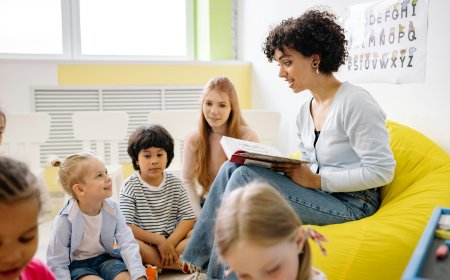

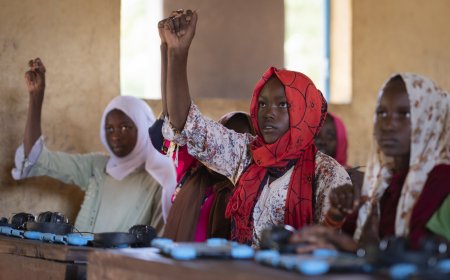
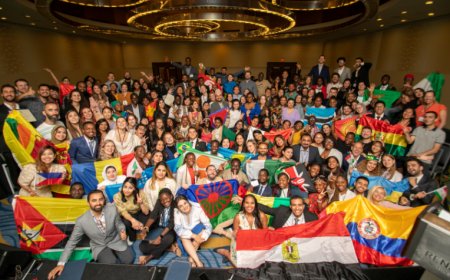
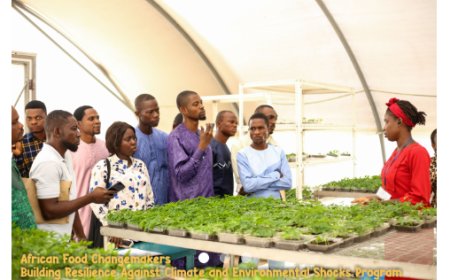
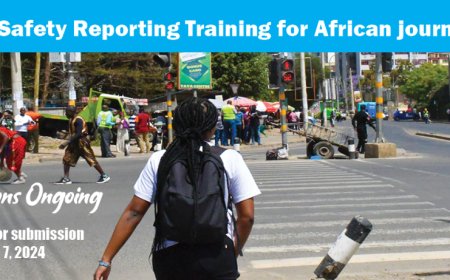
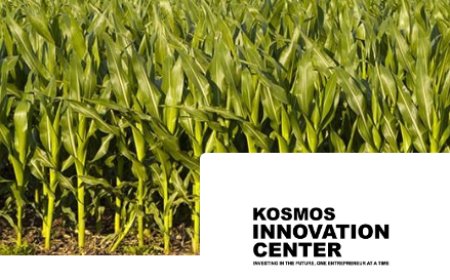




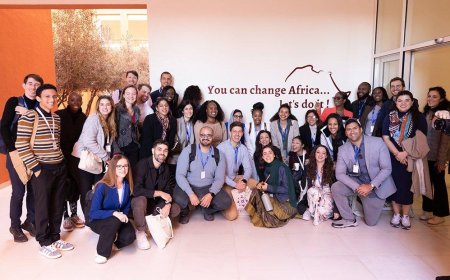
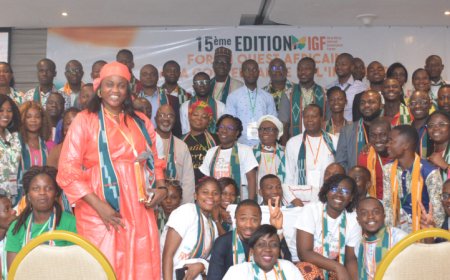

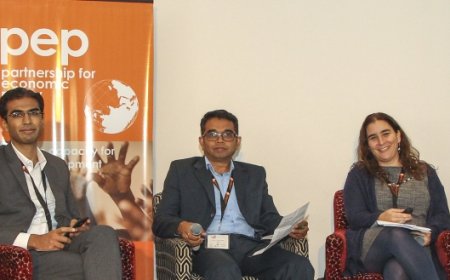

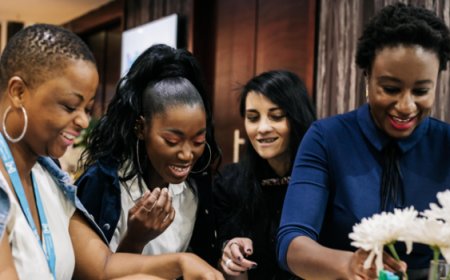
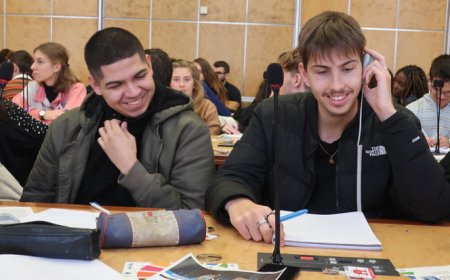


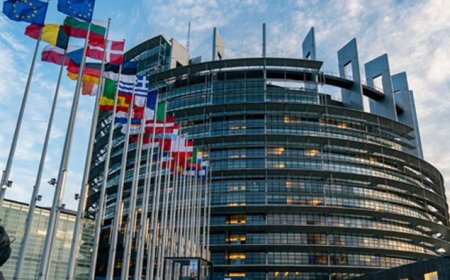



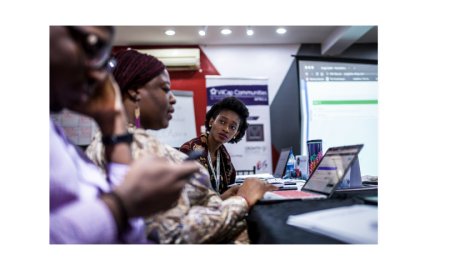
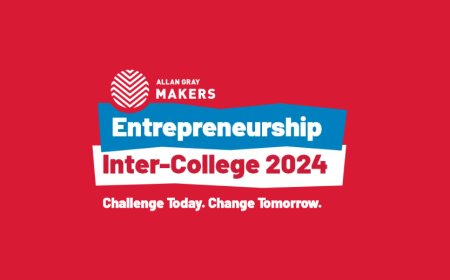


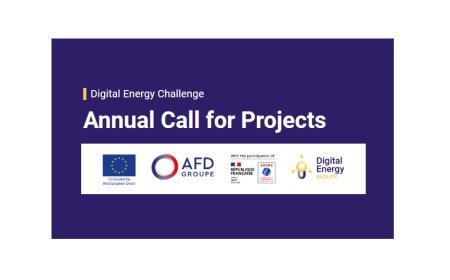
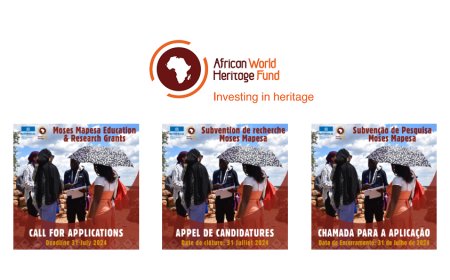
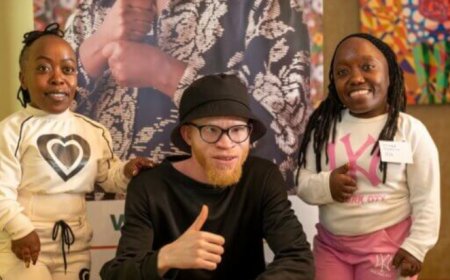
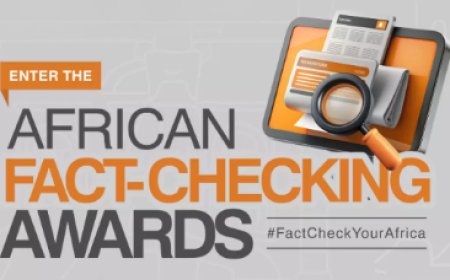
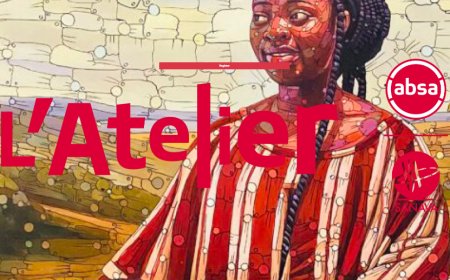
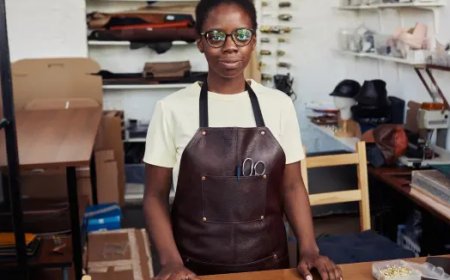
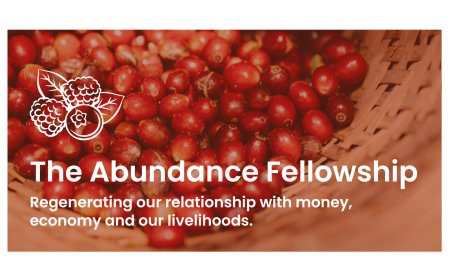



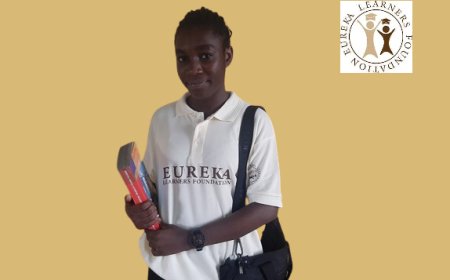
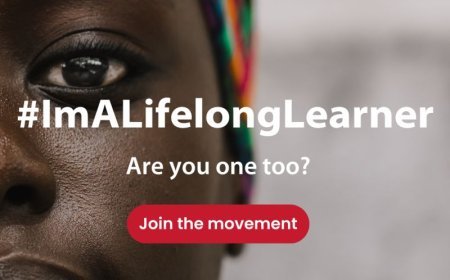
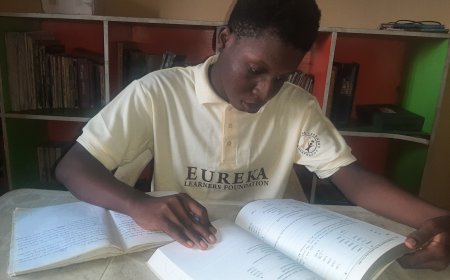

![Watch: The Butterfly Circus [Short Film] featuring Nick Vujicic](https://blog.elfglobal.org/uploads/images/202405/image_430x256_6654b9bc69c46.jpg)

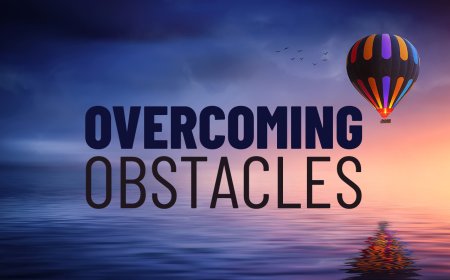
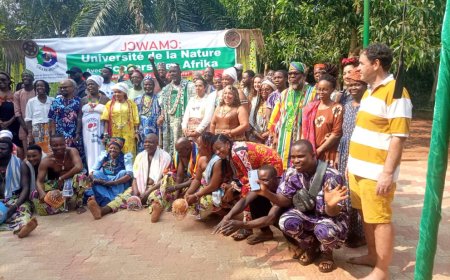
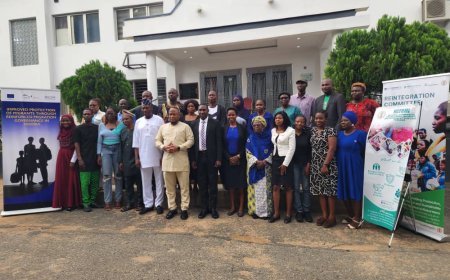
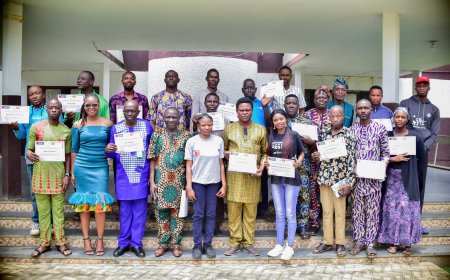
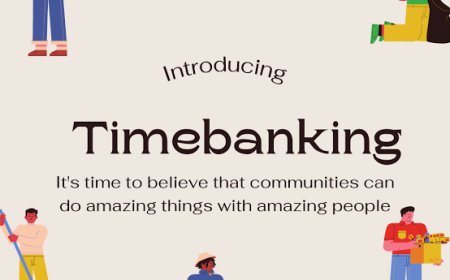
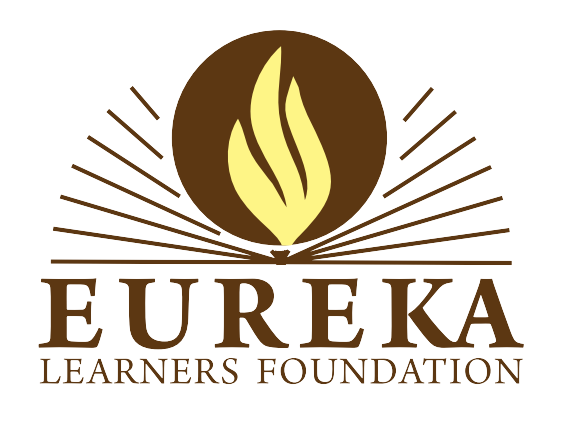


![Watch: The Butterfly Circus [Short Film] featuring Nick Vujicic](https://blog.elfglobal.org/uploads/images/202405/image_140x98_6654b9bc76b8e.jpg)





